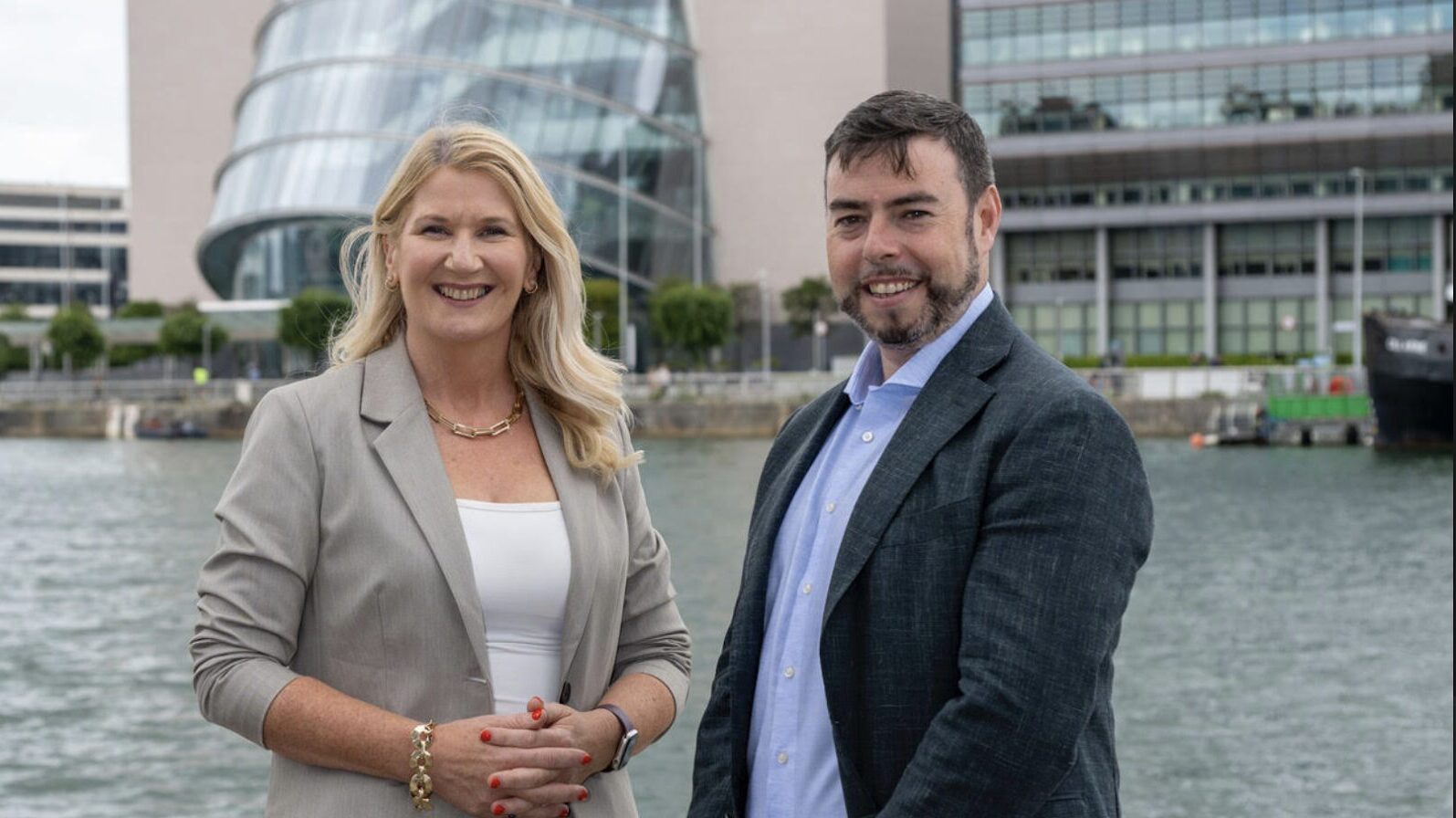A new set of principles to ensure the ethical use of artificial intelligence by PR professionals has been ratified by the Public Relations Consultants Association of Ireland (PRCA) the representative body for Ireland’s leading PR agencies.
‘The Warsaw Principles’ were agreed at international level by the International Communications Consultancy Organisation (ICCO), of which PRCA Ireland is a member.
The ICCO members that have committed to the Principles – including the 34 member agencies of PRCA Ireland – agree to prioritise issues such as transparency, privacy and bias mitigation in their use of AI.
Martina Quinn, Chairperson of PRCA Ireland and the founder and MD of Alice Public Relations, represented the Irish PR industry at the ICCO Board meeting in Warsaw, at which the Principles were agreed. Commenting today (21.11.23), she said: “Communications professionals have a dual role in relation to AI. On the one hand, as business leaders, we are adopting this technology and using it in our own workplaces to enhance our work and deliver impactful results. On the other hand, as trusted advisors to our clients, we are helping them navigate both the challenges and opportunities presented by AI.
“The rapid technological advancements of recent decades have brought countless benefits, but have also eroded trust in communications. We now live in a world where disinformation and misinformation, conspiracy theories and deep fakes are rife – and are posing serious threats to democracy.
“As we move deeper into the age of AI, it is essential we equip PR agencies – and the clients we serve – with the knowledge and skills to use AI ethically. The Warsaw Principles give us an important roadmap in this regard.”
The Principles focus on:
- Transparency, disclosure, and authenticity: mandating clear disclosure when generative AI is employed, especially when crafting reality-like content.
- Accuracy, fact-checking and combatting disinformation: highlighting the need for rigorous fact-checking, given AI’s potential for disseminating misinformation and producing disinformation.
- Privacy, data protection and responsible sharing: prioritising data protection, compliance and responsible content dissemination.
- Bias detection, mitigation and inclusivity: advocating for the detection and correction of biases in AI-driven content and the promotion of inclusivity.
- Intellectual Property, copyright compliance and media literacy: stressing the respect for intellectual property and copyright laws.
- Human oversight, intervention and collaboration: reinforcing the necessity of human oversight in AI-powered processes.
- Contextual understanding, adaptation and personalisation: encouraging tailored content approaches for different audiences and channels.
- Responsible automation and efficiency: championing AI for efficiency without compromising on ethical standards.
- Continuous monitoring, evaluation and feedback: advancing continuous assessment and stakeholder engagement for optimal AI use.
- Ethical professional development, education and AI advocacy: promoting continuous learning, ethical AI advocacy and best-practice sharing.


